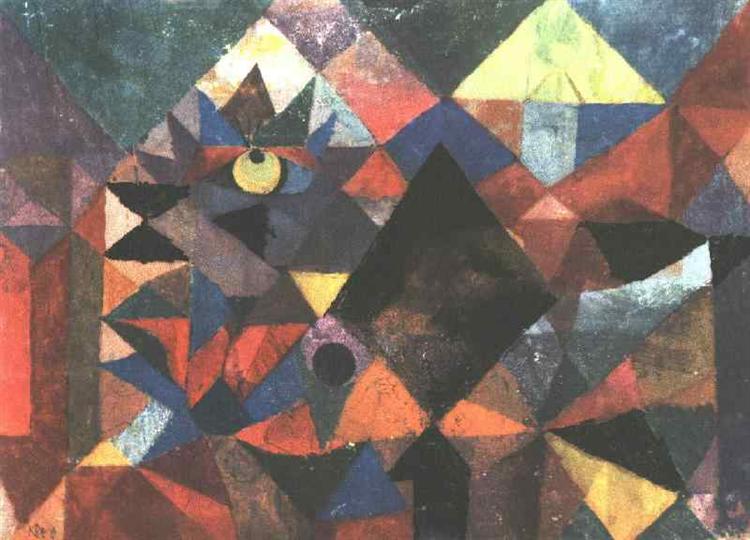Description
Paul Klee's work, entitled "Light and much more" (1931), is located at a critical moment of his career, where his exploration of color and shape is amalgamous in a visual manifestation that highlights for his emotional and conceptual complexity . On this canvas, Klee enters the representation of the inner world and the dialogue between light and shadow, elements that play a crucial role in the perceptual experience.
The composition is characterized by a remarkable use of a vibrant color palette, which includes warm and cold tones, creating a dynamic balance that catches the viewer's attention. The blue, yellow and red are intertwined in a layer of shapes that seem to flow in a constant movement, suggesting a reality where the tangible is mixed with the imaginary. Klee, known for its emphasis on individual expression, uses color not only to delineate space, but also as an emotional communication vehicle. The work emanates a luminosity that suggests a connection with spirituality, a distinctive characteristic of its style.
As for the figure, although individual characters are not identified in the classical sense, the background seems to inhabit its own narrative. Abstract forms and fluid contours suggest the presence of almost ethereal entities, which seem to be both part of nature and human psyche. This abstract approach allows the viewer to project his own interpretation on the work, making it a mirror of his own experiences.
It is interesting to note how Klee, influenced by the art of childhood and symbolism, makes it apparently simple becomes something multifaceted and deep. His work often challenges the conventions of visual representation, and "light and much more" is no exception. In this context, Klee establishes a dialogue between the dream imagery and intellectual reflection, which makes the work not only an aesthetic object, but also a space of philosophical contemplation.
The historical context of this work is also significant. In 1931, Klee faced a growing political and social pressure, especially in Germany, where his works were classified as "degenerate art." This background adds a layer of resistance and reflection on the nature of art itself, making "light and much more" read as an act of personal declaration and a search for artistic freedom.
Through "Light and much more", Paul Klee offers us a visual cosmos inhabited by indeterminacy and introspection, where each stroke and every color evoke a sensation of interior light and infinite possibilities. The work not only stands as a testimony of its technical mastery, but also as a meeting point between human experience and artistic creation, a legacy that resonates with elevation in the history of modern art.
KUADROS ©, a famous paint on your wall.
Reproductions of paintings handmade oil, with the quality of professional artists and the distinctive seal of KUADROS ©.
Art reproduction service with satisfaction guarantee. If you are not completely satisfied with the replica of your painting, we refund your money 100%.

